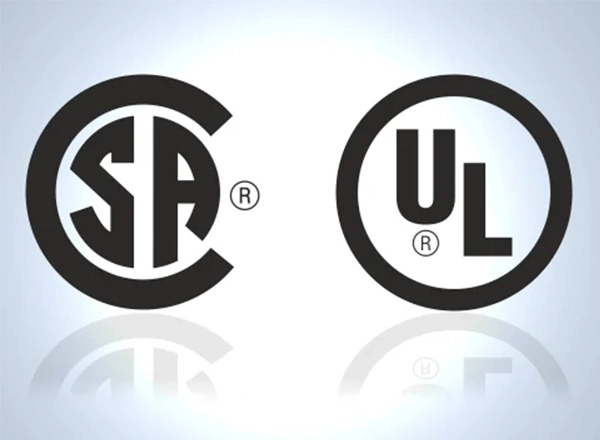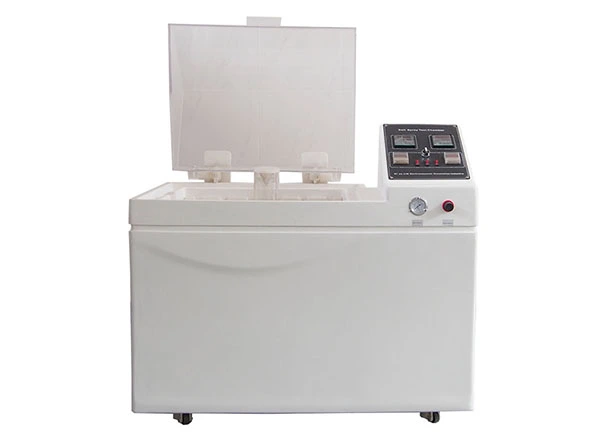

Product testing is an essential step in the development and quality assurance processes of various industries. Whether it's electronics, pharmaceuticals, automotive, or aerospace, ensuring that products perform reliably under different environmental conditions is paramount. This is where temperature and humidity chambers come into play. In this article, we'll explore the pivotal role that temperature and humidity chambers play in product testing.
Temperature and humidity chambers, also known as environmental test chambers, are specialized pieces of equipment designed to create controlled environments where temperature and humidity conditions can be precisely adjusted and maintained. These chambers are available in various sizes and configurations, catering to a wide range of testing requirements.
One of the primary roles of temperature and humidity chambers is to assess the reliability of products. By subjecting products to a range of environmental conditions, manufacturers can evaluate how their products perform under stress. This includes:
Electronics Testing: Determining the functionality and durability of electronic components and devices under extreme temperatures and humidity levels. This is crucial for electronics manufacturers to ensure that their products can withstand real-world conditions.
Pharmaceutical Stability Testing: Evaluating the stability and shelf-life of pharmaceutical products under controlled temperature and humidity conditions. This helps pharmaceutical companies guarantee the quality and efficacy of their medications.
Material Testing: Investigating how materials behave under various environmental stressors. This is particularly important in industries like aerospace and automotive manufacturing, where the reliability of materials used in critical components is vital.
Different industries have strict standards and specifications that products must meet to ensure safety and performance. Temperature and humidity chambers play a pivotal role in helping manufacturers comply with these standards. By conducting tests in controlled environments that replicate real-world conditions, manufacturers can collect data to demonstrate that their products meet or exceed industry-specific requirements.
Automotive Industry: Testing the performance of car parts and systems under extreme environmental conditions to ensure safety and durability. This is essential for compliance with automotive industry standards.
Food and Beverage Industry: Assessing the quality and shelf-life of food products in different temperature and humidity environments, ensuring that they meet regulatory requirements.
In some cases, manufacturers want to predict how their products will age and perform over time without waiting for years of real-world use. Temperature and humidity chambers allow for accelerated aging studies, where products are exposed to conditions that simulate years of use in a much shorter timeframe. This helps manufacturers make informed decisions about product design and materials.
Electronics Manufacturing: Evaluating how electronic components age and ensuring the long-term reliability of products.
Materials Science: Studying the degradation and aging of materials to develop more durable and long-lasting products.
Temperature and humidity chambers offer the flexibility to create customized testing scenarios. Manufacturers can replicate specific environmental conditions that products are likely to encounter in the field. This allows for more precise and targeted testing, ensuring that products perform reliably in the environments where they will be used.
Temperature and humidity chambers are indispensable tools in product testing, offering precise control over environmental conditions for a wide range of industries. Their ability to assess product reliability, facilitate compliance with industry standards, conduct accelerated aging studies, and create customized testing scenarios makes them invaluable assets for manufacturers striving to produce high-quality and reliable products. Whether it's electronics, pharmaceuticals, or automotive components, temperature and humidity chambers play a crucial role in ensuring that products meet the rigorous demands of the modern marketplace.
 English
English русский
русский français
français العربية
العربية Deutsch
Deutsch Español
Español


